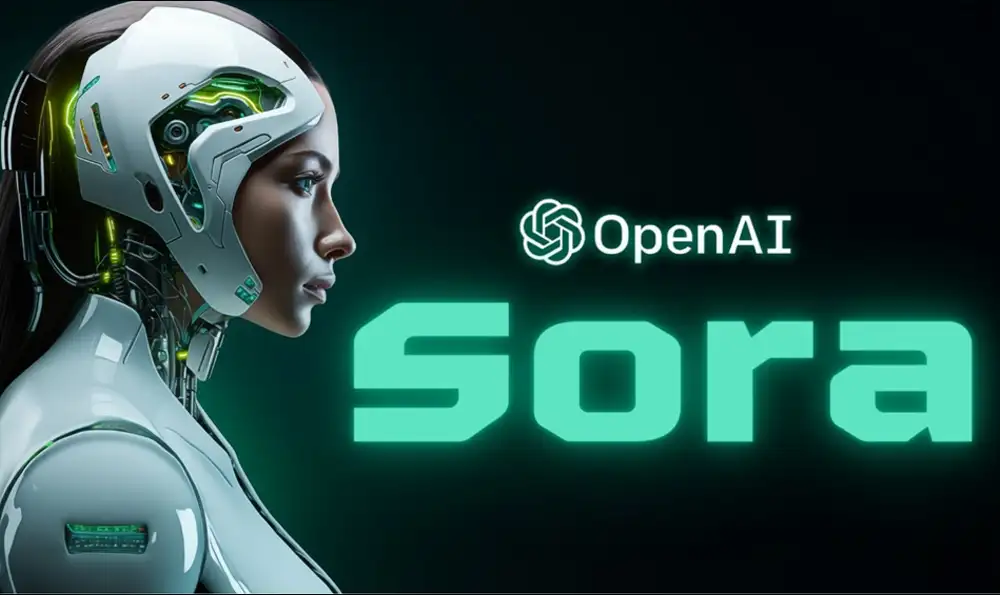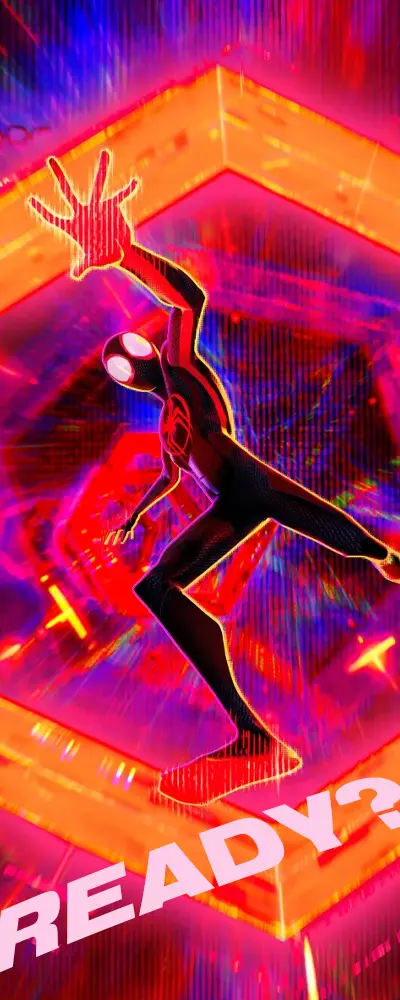In the ever-evolving landscape of the film industry, a new player has emerged from the tech realm, promising to redefine the boundaries of storytelling and visual effects. OpenAI, a leader in artificial intelligence research and development, is setting the stage for a groundbreaking venture with its latest creation, Sora, an AI video generator that’s stirring both excitement and debate among Hollywood’s elite.
As the digital curtain rises, OpenAI’s top executives, including CEO Sam Altman and COO Brad Lightcap, are engaging in what can only be described as a pioneering dialogue with filmmakers and major studios. Their mission? To weave Sora into the fabric of cinematic production, demonstrating its potential to revolutionize the way stories are told on screen.
The allure of Sora lies in its promise to democratize the filmmaking process, offering tools that could potentially save time and resources while expanding creative horizons. Early access has been granted to an exclusive circle of renowned directors and actors, marking a strategic move by OpenAI to showcase Sora’s capabilities and encourage its integration into upcoming projects.
However, the plot thickens as concerns arise over the source of Sora’s training data. Similar to the debates surrounding OpenAI’s ChatGPT, the creative community is apprehensive about the possibility of Sora being trained on copyrighted materials without proper authorization. This issue strikes at the heart of ongoing copyright infringement disputes and raises ethical questions about the use of AI in creative processes.
The implications of AI like Sora on the film industry are vast, with potential effects on jobs across the spectrum, from visual effects artists to writers and actors. The technology’s capacity to automate aspects of production has led to a defensive stance from industry unions. Recent strikes by Hollywood writers and actors have underscored the urgency of establishing clear guidelines on the use of AI, focusing on protecting the rights and livelihoods of human creators.
In response to these challenges, OpenAI has launched a charm offensive, showcasing the positive experiences of a select group of testers from the visual arts and filmmaking communities. Yet, this approach has met with skepticism, with critics accusing the company of “artistwashing” – presenting a sanitized view of AI’s impact on creativity while sidelining legitimate concerns over copyright and consent.
As the narrative unfolds, it’s clear that OpenAI’s foray into Hollywood with Sora is more than just a technological experiment; it’s a bold step towards a new cinematic future. But with great power comes great responsibility. OpenAI finds itself at a crossroads, needing to balance its ambitions with the ethical considerations and creative integrity that lie at the heart of the film industry.
The stage is set for a dramatic clash of technology and tradition, innovation and ethics. As Sora prepares to make its mark on Hollywood, the industry and its audience await with bated breath, pondering the future of cinema in an AI-driven world. Will Sora be the key to unlocking new dimensions of creativity, or will it spark a broader debate about the role of AI in the arts? Only time will tell, but one thing is for certain: the film industry is on the cusp of a transformation, the likes of which it has never seen before.



0 Comments